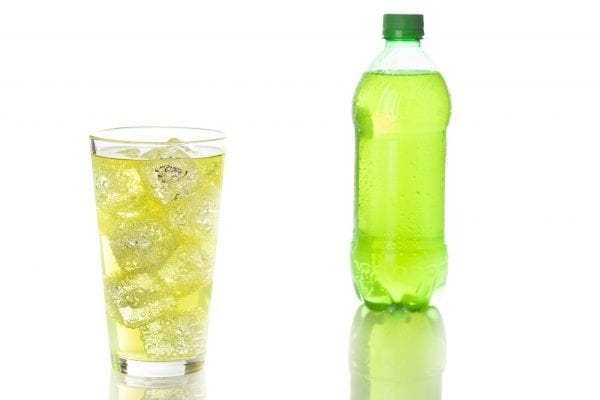People see mouth-watering advertisements for bright, fizzy sodas on television every day. The people in the commercials are always happy, satiated and having fun. However, what many people don’t realize is that soda drinking is creating an epidemic of oral health troubles – sometimes known as “Mountain Dew Mouth” across the United States, particularly in the Appalachia.
Impact of “Mountain Dew Mouth”
Appalachia is a mountainous region of the Eastern United States (Tennessee, Kentucky, etc.) that has had to deal with many challenges, including the death of coal mining (which once sustained the people of the region), the rise of an opioid epidemic and widespread poverty — which makes simply surviving in the area a challenge. One surprising struggle that many Appalachians (and other poor Americans) are facing now is the effect that the soda addiction, including to the popular Mountain Dew brand, has had on their oral health including tooth decay, mouth pain and gum disease.
Mountain Dew Mouth has arisen because parents in these areas constantly feed their children soda — in fact, experts have even seen them put soda in baby’s bottles. Soda is popular because it’s a treat for families that often lack access to other luxuries. It spikes people’s moods, and it quenches their thirst.
However, despite the short-lived benefits of soda, it also has several extreme health-related drawbacks, including the fact the acid and sugar in the drink corrode teeth and cause tooth decay.
Dangers of Sugary Soda Consumption
Because soda consumption is so popular in Appalachia, as well as several other factors like smoking, lack of access to dental healthcare and lack of knowledge about proper oral hygiene, people of the area suffer greatly from Mountain Dew Mouth and tooth loss — with more than 26 percent of preschool age kids experiencing tooth decay and 15 percent of young adults requiring tooth extraction thanks to erosion. Mountain Dew Mouth causes so much pain in children’s mouths that it makes it too painful for them to brush their teeth regularly — furthering the damage that the cloyingly sweet beverage does to the mouth.
While the loss of teeth is certainly inconvenient and not aesthetically pleasing, poor dental health has a much larger effect to a person’s overall health than simply changing a person’s smile. Dental conditions like gingivitis have been linked to diabetes, cancer and heart disease. Soda itself has also been linked to other negative health conditions, like obesity, high blood pressure and stroke.
Access to Dental Care
What compounds the problem of Mountain Dew Mouth in particularly poor parts of the country — and also rural parts of the country — is that many of these Americans do not have access to regular dental health care (or dental insurance). Studies show that 48 percent of all Americans struggle to get access to dental care, and that 50 million Americans live in places that have been officially deemed Dental Health Professionals Shortage Areas. This means that even when health troubles from soda do arise in the mouth — people can’t even see a healthcare provider to help them deal with the problems.
So, what can parents and adults do to help alleviate the scourge of Mountain Dew Mouth? First, try to eliminate soda from the diet. Start by cutting it with seltzer until people have been weaned off the sugary drink totally. If sugary drinks are a must, serve 100 percent fruit juice, and encourage regular brushing and flossing to ensure that the mouth stays healthy — no matter what is consumed.




